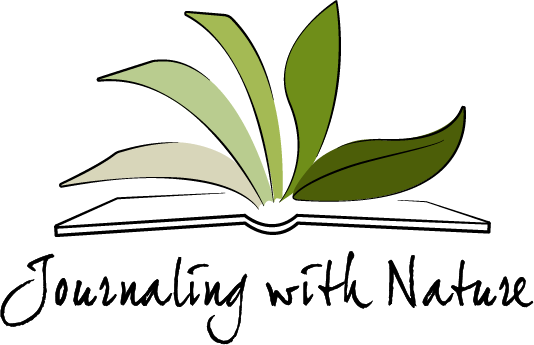Nature connection through a sit-spot
Nature connection through a sit-spot
Do you know about the concept of a sit-spot? A sit-spot is a place you go regularly, to connect inwardly, to yourself, and outwardly, to nature. Time spent in your sit-spot is a form of active meditation. It is a mindfulness practice that will help you be calm, happy and healthy in mind and body, and will be a huge source of inspiration for your nature journaling.
Recently, I spent the morning with a small group of nature mentors. These folks gather regularly with the aim of connecting with nature and learning to better help others make this connection in their own lives. Our task that morning was to go a short way into the forest and find a quiet place to sit with the intention of listening to ‘bird language’. Each of us walked mindfully as we went to find a place to settle down for the next 20 minutes. I had a cup of fresh herbal tea in my hand. As I settled myself onto a log, I tuned into my breathing. I noticed myself slowing down. I noticed the way my skin felt under the touch of the winter sun. I tuned my ears to the sounds of birds. What bird was that? What was he trying to say? I watched small skinks running in and out of the loose bark on a nearby tree. I felt calm and connected, to myself, to nature, to my place in this world.
I have had different sit-spots over the years. As a child I used to go to the lower branches of a backyard pine tree. Of course, I didn’t label it a sit-spot back then. It was just my special place to return each day, to sit quietly, contemplate and watch nature. Years later, my sit-spot was a sunny patch in my back garden. It had a wonderful view of two huge eucalyptus trees, which hosted an astonishing amount of life and activity. Still another sit-spot was cradled in the roots of a Swamp Cypress in my local park. These days my sit-spot is at the bottom of my garden where there is a small pond. I sit beside the water and watch birds, lizards and insects go about their day.
Where to find your sit-spot
Ideally your sit-spot will be close to home, in your backyard, if you have one, or in a nearby park or green space. It needs to be a place that is easily accessible, somewhere you can go regularly.
To find a sit-spot, take a short walk around your yard or neighbourhood. While you’re walking, look for a place that speaks to you. Keep your mind and your senses open. If sitting on the ground is difficult for you, look for a park bench, or a fallen log or large rock that could support you. Once you have found your sit-spot, go there as often as you can to reap the many benefits of this beautiful practice.
How to use your sit-spot
Your aim is to tune in as much as you can. Your time here should be distraction free. Turn your phone on silent and put it in your bag or away from view.
Begin by noticing your body and your breathing. How does the air feel as it enters and leaves your nostrils? Is it warm or cool? How does your body feel in the place where your legs rest against the earth?When thoughts come into your mind, don’t push them away but also don’t follow them. Let them drift past you like clouds in the sky and gently bring your mind back to your senses and the things you can see, hear and feel around you.
Sit quietly in your sit-spot as often as you can. Daily is best. Try for 10 minutes at first and work towards 20-30 minutes, if you can. This gives nature time to accept your presence. You will notice that after you have been sitting quietly in your sit-spot for a while, the animals begin to behave in their natural way. You will begin to feel yourself to be part of nature, not separate, like we can so often feel.
Let it be part of your routine
When you visit your sit-spot regularly over a period of time you will start to notice changes in nature, through the days, through the seasons and through the years. Let the practice become part of your daily routine of self-care; a way to slow down, connect deeply with nature and with yourself.
